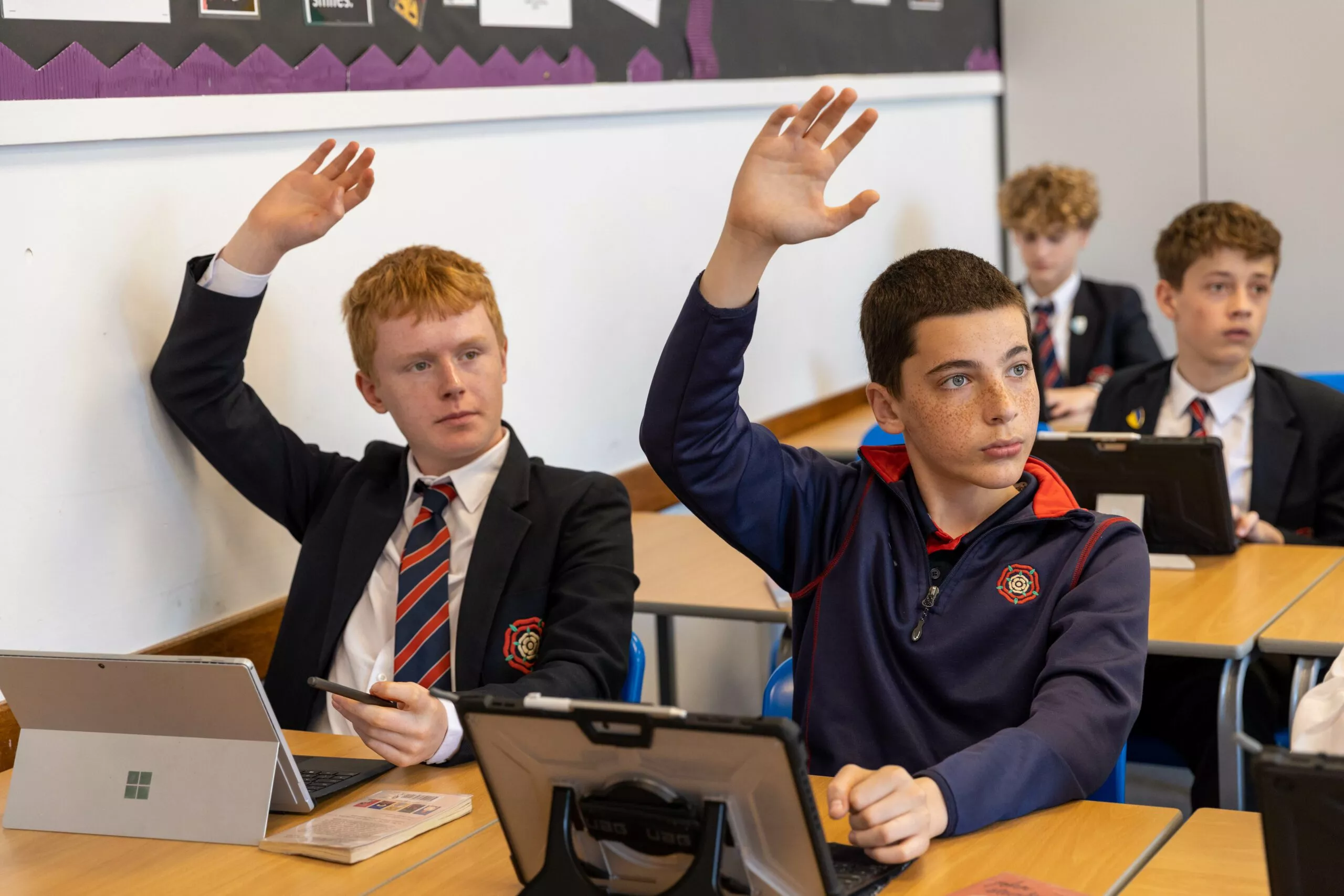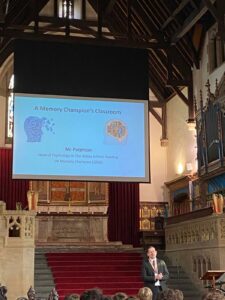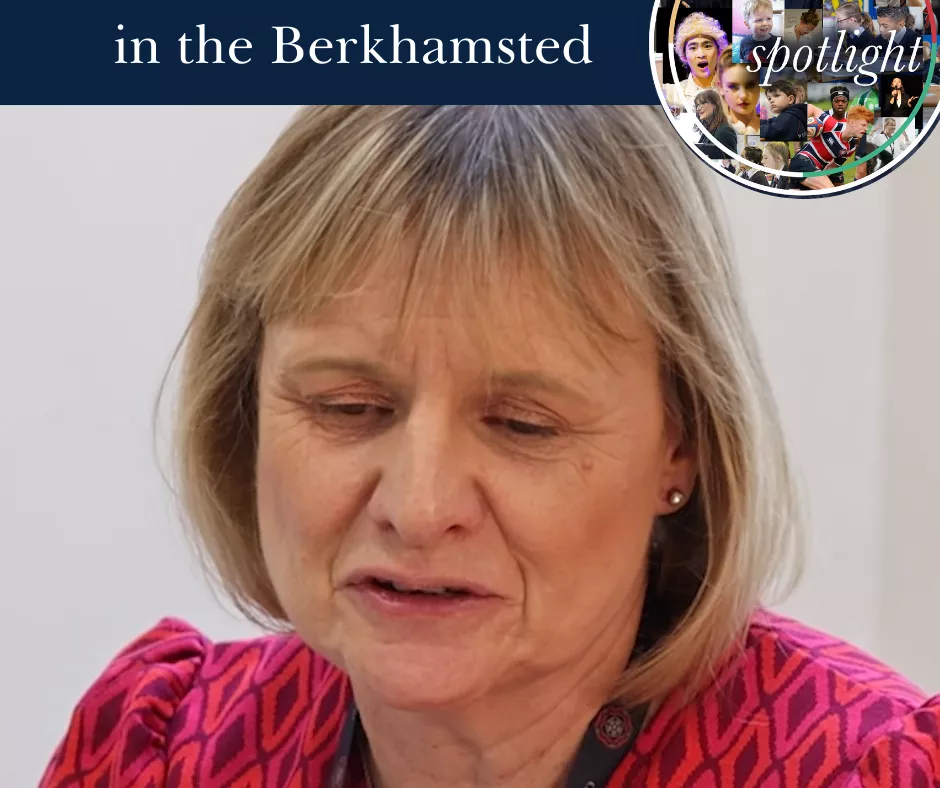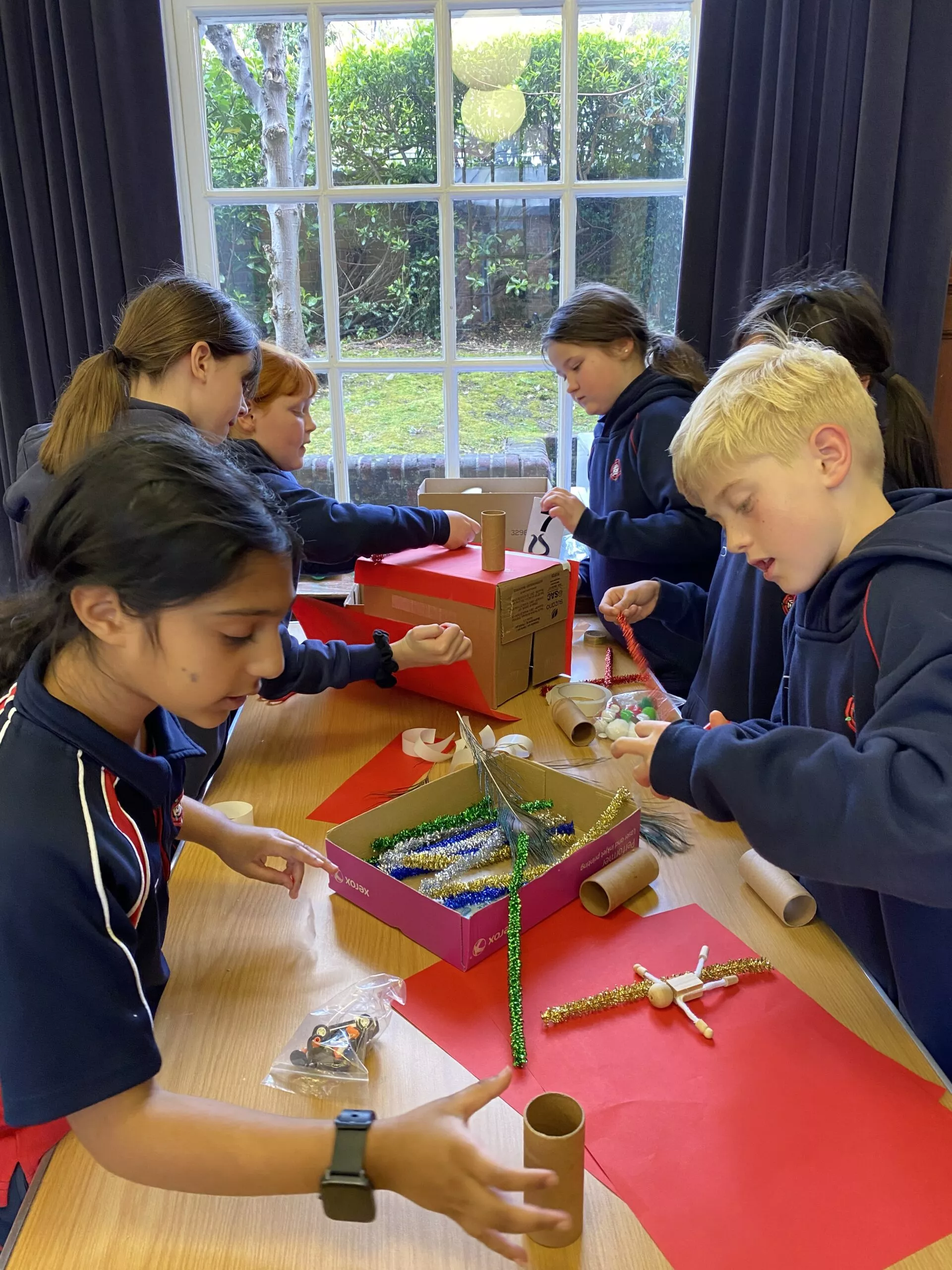News
Learning Pathways at Berkhamsted

As part of our aim to develop remarkable people who are prepared to navigate our ever-changing world, Berkhamsted School in Hertfordshire promotes independent learning and metacognition throughout a pupil’s journey at our Schools (from ages 3 – 18).

Year 10 and Year 11 complete a two-year Learning Pathways programme comprised of two elements: Guided Discovery and Coached Study. Diverting from the standard teacher-led KS4 courses, Learning Pathways prepares pupils for the self-governed style of study that they will encounter during Sixth Form, university, and full-time work.
During Guided Discovery, pupils steer their learning as they pursue a topic of their choosing. Pupils complete their own TedEd-style talk, a university-accredited FutureLearn course, and can complete the Higher Project Qualification (a self-led ‘dissertation ’-style project).
The Coached Study pathway builds on this independent learning style as teachers introduce neuroscientific texts, like James Clear’s Atomic Habits, steering pupils to become self-regulated people who know how and why they learn. Teachers also introduce a range of revision methods, from Cornell Notetaking to flashcards, to help pupils discover how they best retain information. Beyond helping pupils succeed in exams, this trial-and-error approach to learning equips pupils with soft skills like resilience and self-management that employers seek.

Why would a school of qualified teachers encourage pupils to conduct and discover their own learning? Based on research by motivation expert, Daniel Pink, human motivation is not derived from external rewards like good grades or material goods. Instead, the intrinsic motivation to learn stems from the opportunity to pursue our interests. By allowing pupils autonomy over their education, they turn up to class eager to discover more about the topic that interests them.
“I use the revision methods from Learning Pathways during all of my other lessons, it’s helped me learn what works for me”, one pupil said.
Learning Pathways pupils also enjoy visits from experts in Metacognition. Just last week, Berkhamsted invited James Paterson, AKA the Memory Man, to talk to Year 10 Learning Pathway pupils about memory and revision techniques.

Paterson is a Psychology teacher at The Abbey School and has won medals at the UK Memory Championships for his ability to memorise great amounts of information. James emphasised that being able to memorise so much at once is no superpower, nor the result of a photographic memory, it’s the result of “motivation, imagination, hard work and a sense of humour to make these skills come to life.”
James introduced pupils to the Mind Palace, a technique that encourages pupils to envision an imaginary location in their mind where they can store mnemonic images (a visual image that encodes data to make it easier to memorize).


















